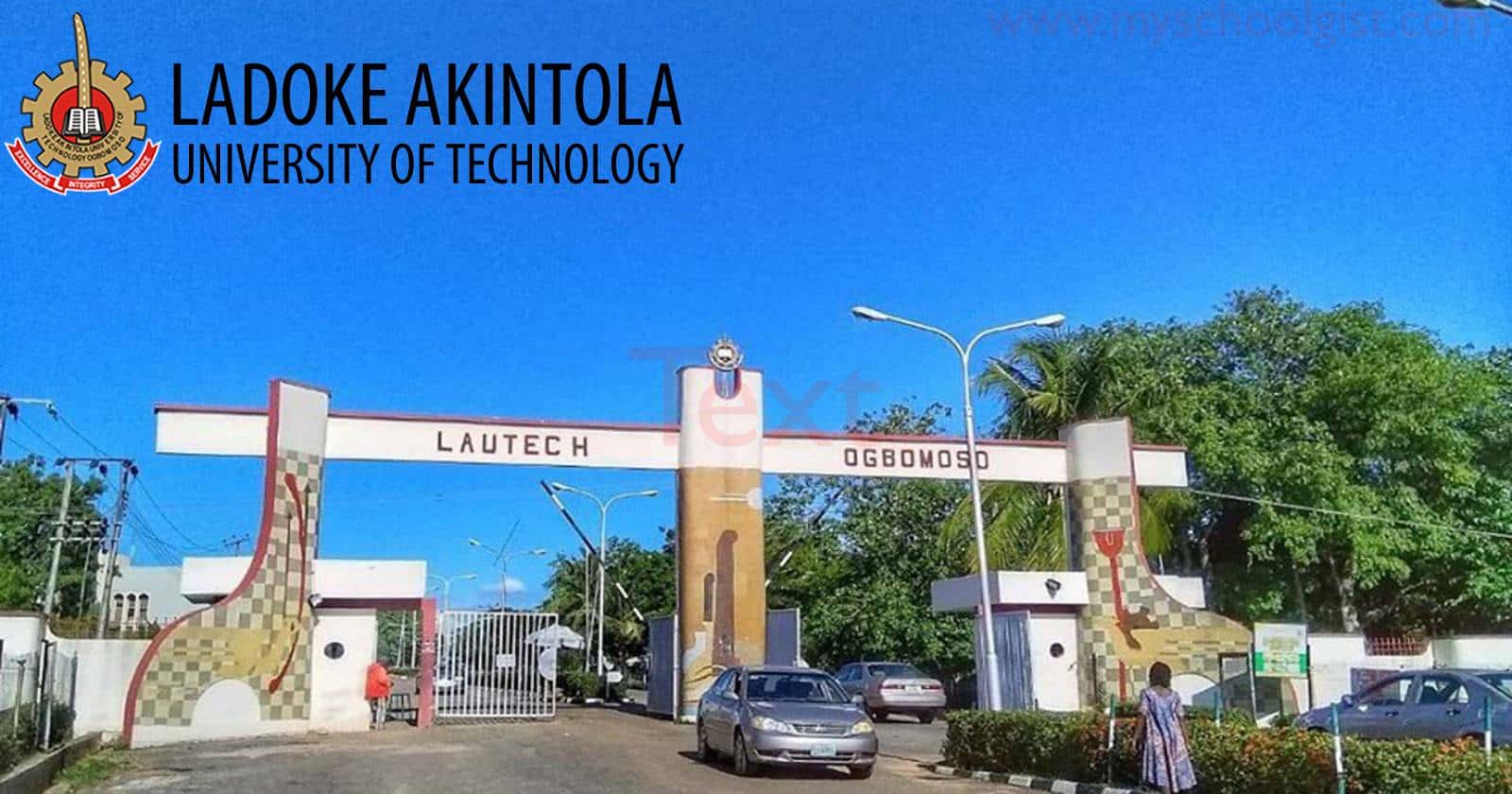
Vice Chancellor, University of South Africa (UNISA), Prof. Puleng LenkaBula, has tasked African universities to deal with the legacies of colonialism for the development of education in Africa.
LenkaBula in his convocation lecture at the National Open University of Nigeria (NOUN) said the pan-African university must, out of necessity, help Africa to achieve Goal 2 of Agenda 2063, adding that the priority area would focus on Science, Technology, and Innovation (STI) driven skills.
According to her, a progressive pan-African university is an organic one that identifies the condition of the people, locally and globally and seeks to question and improve the human condition.
“The pan-African university must possess a progressive and relevant pedagogy that returns knowledge to the people – the real originators of knowledge. The people who inspire and provoke us to think, dream and do. The university of the future must return to its past to rediscover its ontology, epistemology and pedagogy.
“If we are to ensure that no one is left behind in this century under the vision of the sustainable development goals, we must ensure that all structures of exclusion, discrimination and dehumanisation are addressed.
“The nationally oppressed people across the world are totally demolished even in the knowledge generation and dissemination processes and must be inspired by the past as much as it is by the idea of the future,” she said.
The VC added that African universities must also deal with racism, apartheid, and cultural imperialism as well as curriculum transformation to development of infrastructure, partnerships, and sustainable funding.
She, however, maintained that constructing new future for African universities and knowledge economies entails institutional, intellectual and ideological struggles and negotiations.
“The pan-African university must reimagine questions about who we teach, what we teach, where we teach, how we teach and why we teach when we teach.
“For example, there are massive convergences and divergences in the services industry, which are influenced by knowledge, experiences and pedagogies across countries, regions, cultures, and histories.
“Pan-African university must define its role in questioning and advancing pan-African unity in the region and the Diaspora.
“African universities must deal with legacies of colonialism, racism, apartheid, and cultural imperialism, from curriculum transformation to development of infrastructure, partnerships and sustainable funding,” she said.
!function(f,b,e,v,n,t,s){if(f.fbq)return;n=f.fbq=function(){n.callMethod?
n.callMethod.apply(n,arguments):n.queue.push(arguments)};if(!f._fbq)f._fbq=n;
n.push=n;n.loaded=!0;n.version=’2.0′;n.queue=[];t=b.createElement(e);t.async=!0;
t.src=v;s=b.getElementsByTagName(e)[0];s.parentNode.insertBefore(t,s)}(window,
document,’script’,’https://connect.facebook.net/en_US/fbevents.js’);
fbq(‘init’, ‘247107802609931’);
fbq(‘track’, ‘PageView’);






Leave a Reply